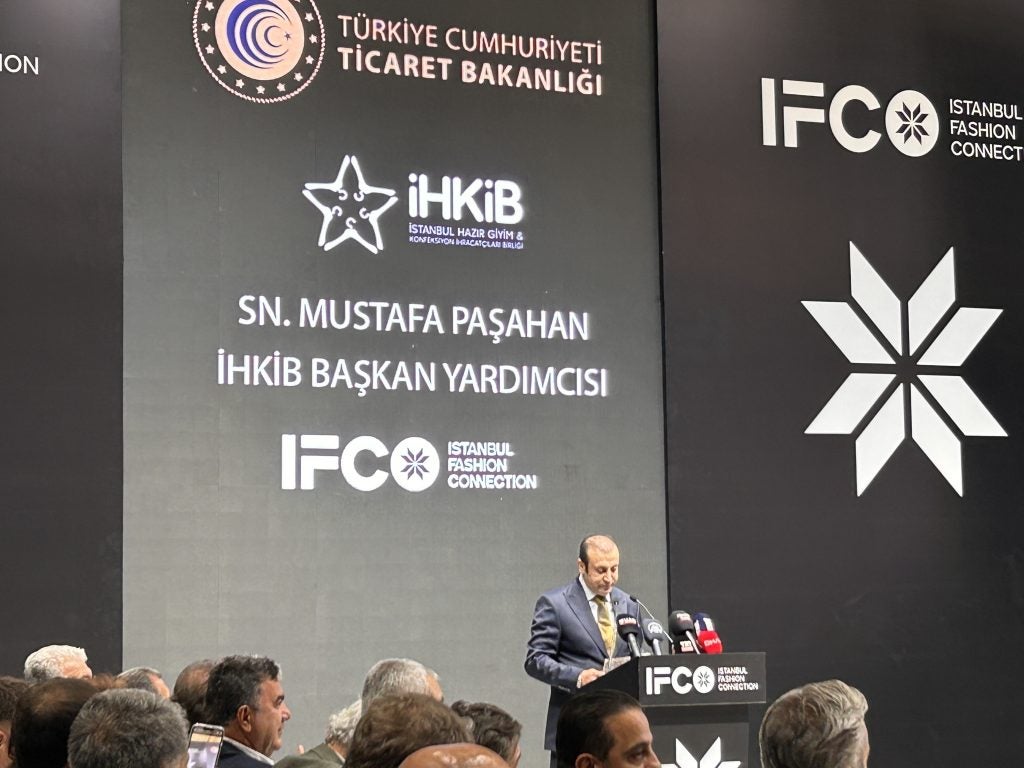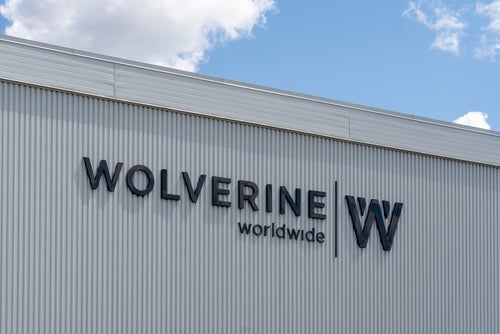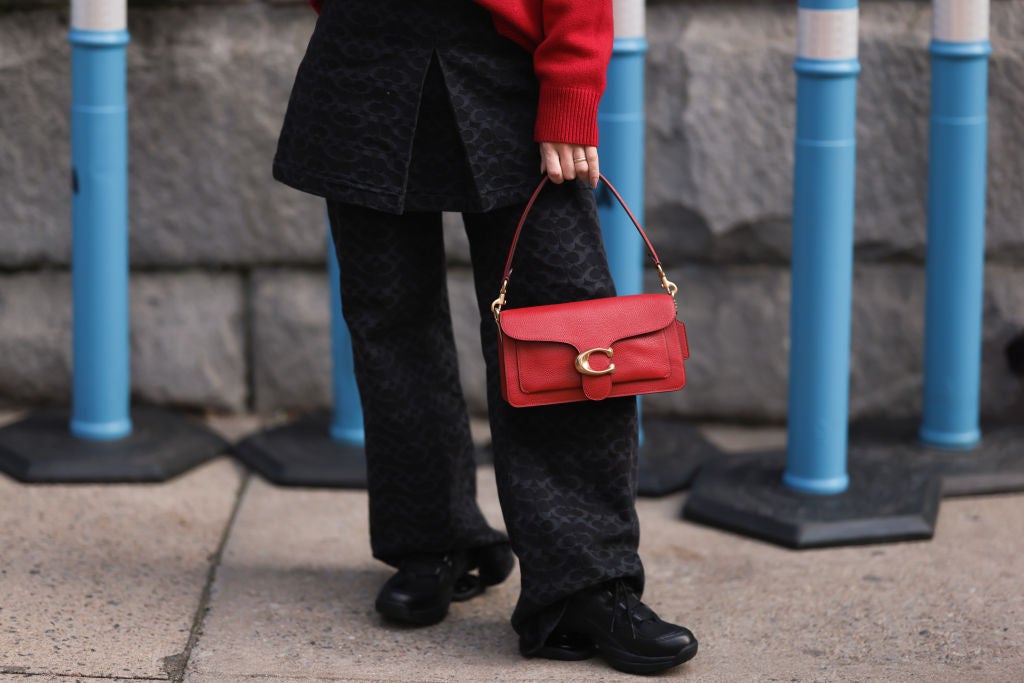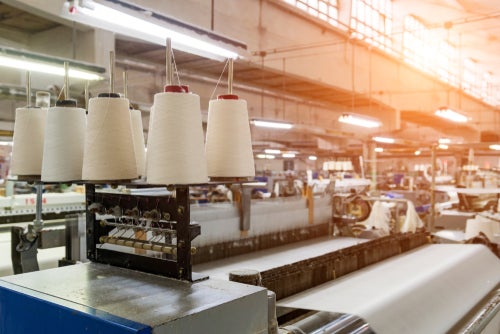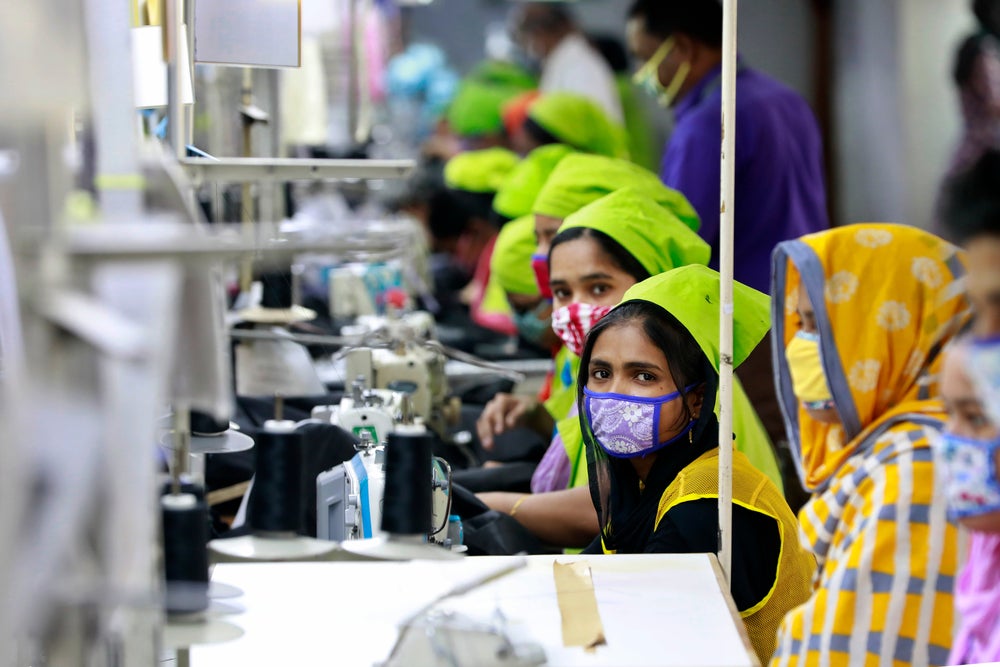Other key tweets this week include fashion brands and retailers urging US agencies to tackle textile waste, and the BGMEA's collaboration with NGO Solidaridad to upscale Bangladesh's apparel sector in line with its ESG vision.
The US government explains the proposed Sustainable Products and Services procurement rule through the Federal Acquisition Regulation (FAR) Council, will strengthen existing sustainable products requirements by directing federal buyers to purchase sustainable products and services to the maximum extent possible.
The coalition, which includes Swedish fashion retailer H&M, rental e-commerce platform Rent The Runway, fashion marketplace The RealReal, sustainable fashion brand Reformation, and online fashion thrift store thredUp, is proposing significant changes to the Extended Producer Responsibility (EPR) law to include the reuse and recycling of textiles.
As part of the deal, Tapestry says it will be uniting six “distinctive brands” and expanding its portfolio reach across consumer segments, geographies and product categories.
The collaboration aims to combine efforts on worker wellbeing and reskilling; enhancing productivity, building a digital platform for sustainability reporting as well as achieving ESG standards and international corporate due diligence, according to Bangladesh publication, Bangladesh Post.
Each week, Just Style’s journalists select top tweets that summarise the social media buzz in our sector, underpinned by GlobalData’s analytics. These social media signals help us understand brand sentiments and the themes driving conversations on social platforms. This new, thematic coverage is driven by our underlying Disruptor data which tracks all major deals, patents, company filings, hiring patterns and social media buzz across our sectors.




